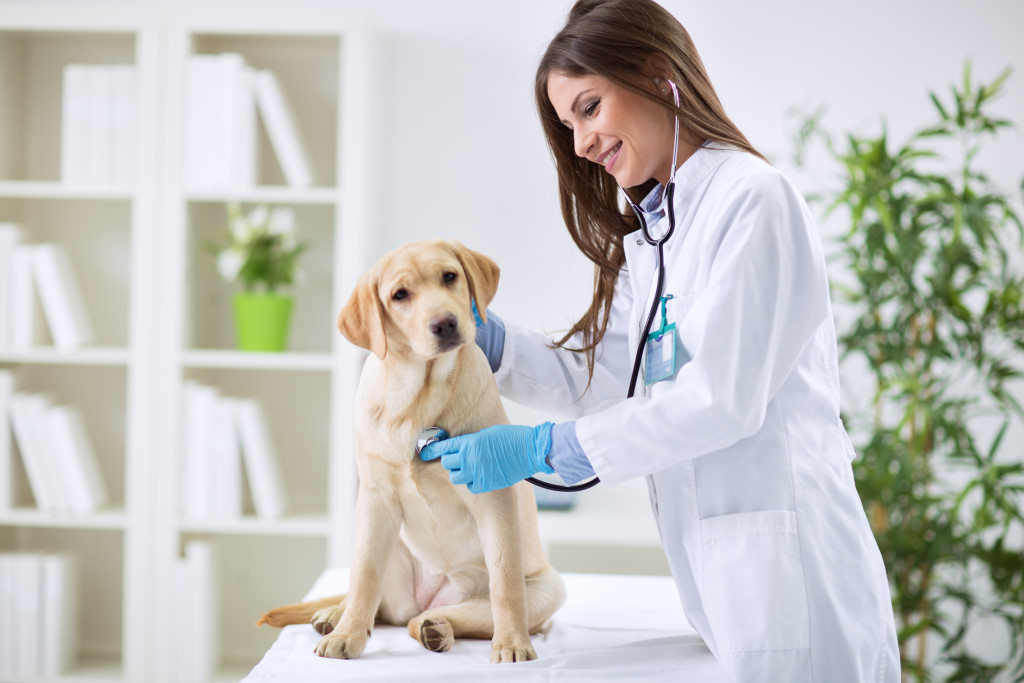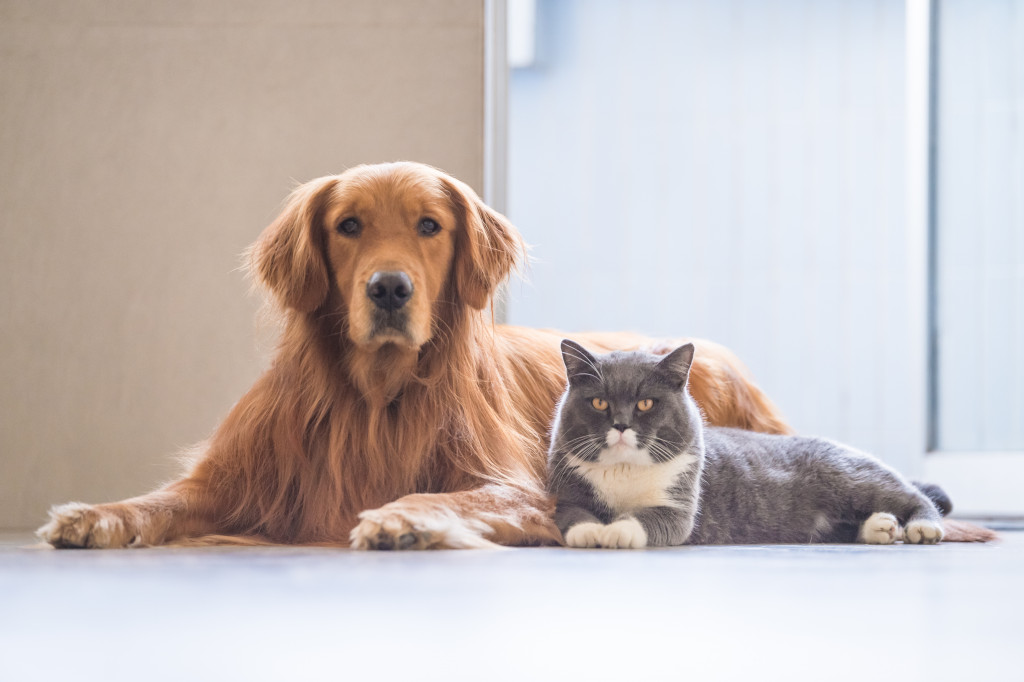Pets are essential to people’s lives. They can provide us with hours of fun and companionship. They also offer us a chance to get some exercise, fresh air, and social interaction. Pets can even help us to relax and destress after a long day. These are probably the reasons why so many American households have pets.
But pets also come with responsibilities. One of the most important things you need to do for your pet is to keep them healthy and free from disease.
One critical disease you need to know about is the parvovirus vaccine. Parvovirus is a highly contagious virus that can cause severe illness, and even death, for pets who are not vaccinated against it. Here are five things you need to know about Parvovirus among pets.
What is Parvovirus?
Parvovirus is a highly contagious virus that primarily affects dogs. It is most commonly seen in puppies between six weeks and six months old, but it can also affect older dogs who have not been vaccinated against it. The virus attacks the gastrointestinal tract and can cause severe vomiting and diarrhea. It can also lead to dehydration, shock, and death in some cases.
This virus can also exist among cats. However, it is much less common in cats than in dogs. Parvovirus among cats is called feline panleukopenia virus (FPV), and it is usually seen in kittens between six weeks and six months old.
How Does Parvovirus Spread?
Parvovirus is spread through contact with the feces of an infected animal. It can also be spread through contaminated food, water, or soil. The virus can survive in the environment for months, making it very difficult to eliminate.
Dogs who are most at risk live in close quarters with other dogs, such as in shelters, kennels, and breeding facilities. However, any dog that comes into contact with an infected animal or contaminated environment is at risk of contracting the virus.
Can You Get Parvovirus From Your Pets?
Parvovirus does exist in humans. It’s called Parvovirus B19 or the Fifth Disease. Although it’s not deadly, it does have symptoms such as fever, headaches, and a red rash on the face. It is most commonly seen in children between five and 15 years old.
If you’re wondering whether you or your children can get parvovirus B19 from your pets, the answer is that you can’t. This is because the Parvovirus among your pets is different from the one that infects humans.
What are the Symptoms of Parvovirus in Pets?
The most common symptom of Parvovirus is severe vomiting and diarrhea. This can lead to dehydration, weight loss, and anemia. In some cases, the virus can also cause myocarditis, an inflammation of the heart muscle.
Other symptoms include fever, lethargy, lack of appetite, and abdominal pain. In severe cases, the virus can cause shock and death. Some pets, especially older ones that have been vaccinated, can have Parvovirus but might not exhibit any symptoms. As a result, they can still carry the virus and transmit it to other pets without being affected.

How is Parvovirus Treated?
There is no specific treatment for Parvovirus. Instead, treatment aims to relieve the symptoms and support the animal until the virus has run its course. This usually takes about seven to ten days.
Dehydration is one of the most common complications of Parvovirus. Therefore, it is vital to make sure that your pet is getting enough fluids. This can be done through intravenous fluids or subcutaneous fluids.
Your pet will also need to be on a strict diet of bland, easily digestible food. They might also need antibiotics to prevent secondary infections. In severe cases, your pet might need to be hospitalized for intensive care. This can include oxygen therapy, IV fluids, and close monitoring.
How can I prevent my pet from getting Parvovirus?
Prevention will always be better than cure, and the best way to prevent Parvovirus is to make sure your pets are up-to-date on their vaccinations. All puppies and kittens should be vaccinated against the virus. Adult dogs who have not been vaccinated or have only received one vaccine should also be vaccinated.
It is also important to practice good hygiene and cleanliness when it comes to your pets. This means regular cleaning of their food and water bowls, as well as their bedding and sleeping areas. It’s also good to get a puppy behavior training program for your fur baby. Puppies tend to be very curious creatures, and being able to control that can make a difference in preventing Parvovirus.
You should also avoid taking your pet to places where there might be contaminated soil or feces, such as parks or dog beaches. If you must go to these places, make sure to keep your pet on a leash and clean up after them immediately.
Parvovirus is a serious virus that can be deadly for pets. However, it is preventable with vaccination and good hygiene practices. If you think your pet might have Parvovirus, it is important to take them to the vet immediately. Early diagnosis and treatment can make a big difference in the outcome.






